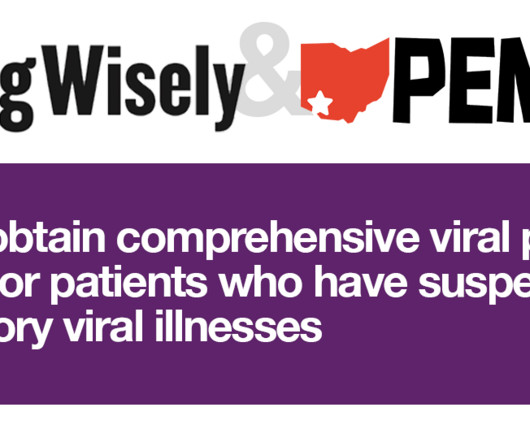Using technology to reclaim our time
Today's Hospitalist
MAY 9, 2025
Since the mid-1990s, our capacity for innovation has never stopped as hospitalists navigate a complex landscape of acute illnesses, interprofessional collaborations and the imperative to provide efficient, high-quality care. We have seen explosive growth and become a cornerstone of modern health care systems.












Let's personalize your content